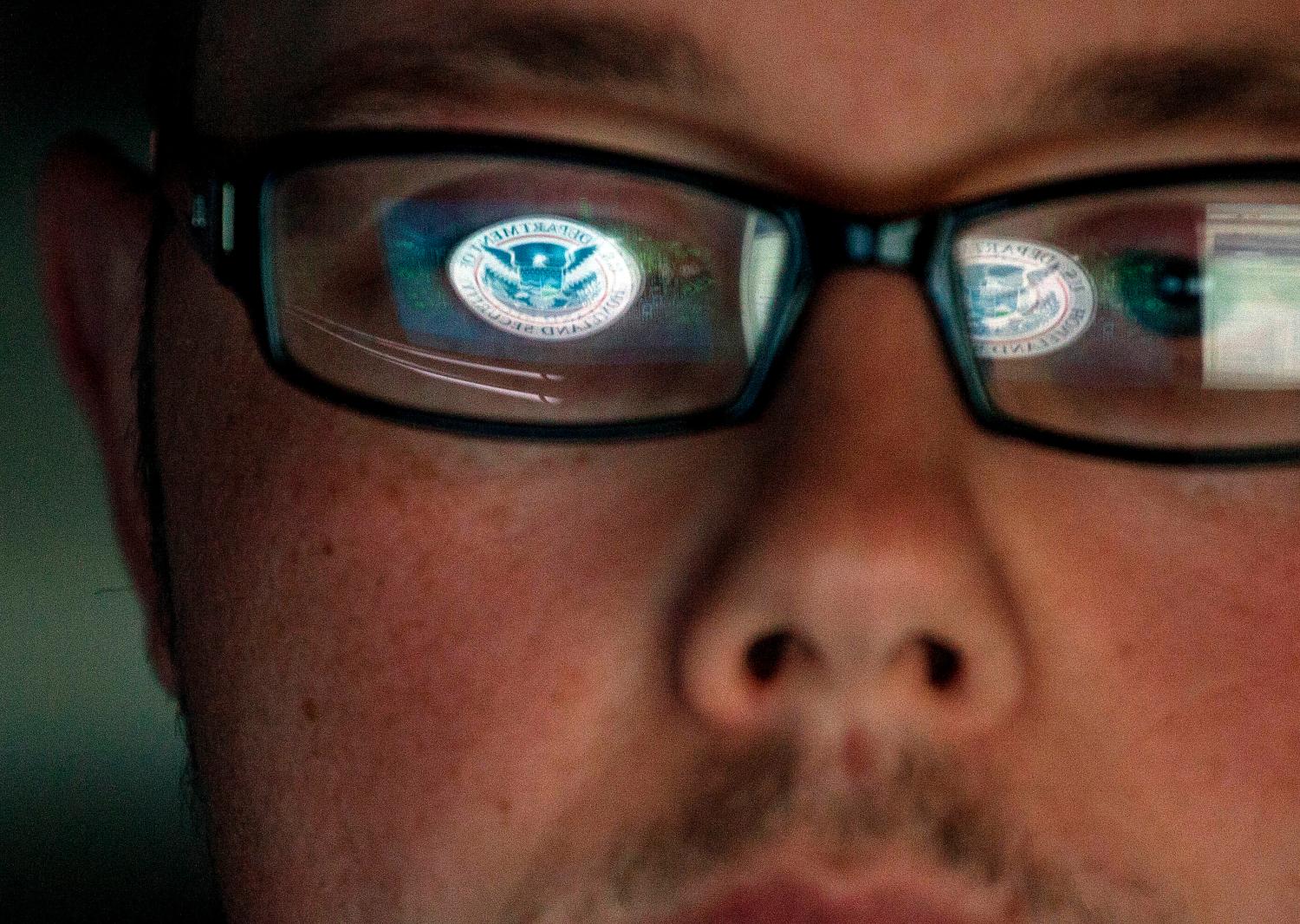Imagine a future in which unmanned drones attack critical infrastructure, endangering millions of people, or digital intruders disrupt the financial sector. Or natural disasters could upset food and medical distribution and supply chains around the world.
These are just a few of the risks facing the United States. As demonstrated by the devastation of natural events, such Fukishema in 2011, Hurricane Katrina in 2005, and the Indian Ocean earthquake/tsunami in 2004, and the continuing threats of terrorism and cyber intrusions, there are numerous threats with the potential to harm lives and damage our economy, society, and public order.
Together with the MITRE Corporation, we gathered a group of leading experts in November, 2011 to discuss a vision for homeland security in the year 2025. This gathering brought together individuals who were knowledgeable about homeland security from the public, private, and non-profit sectors to think about the country’s threats, challenges, and proposed remedies. Guests included leaders from organizations such as federal, state, and local government agencies, Congress, the private sector, non-government organizations, think tanks, and nonprofit organizations for a discussion with an interactive dialogue.
The goals for this event were to help shape strategic thinking for the Department of Homeland Security (DHS), its critical stakeholders, and the nation. This paper summarizes key ideas that emerged from the day’s discussion, such as future threats, integration challenges and the resulting considerations for leaders across the Department of Homeland Security (DHS) as they work to make the United States safer. Key themes that emerged from this dialogue included the following points:
• Understand homeland security as a diverse array of organizations, functions, capabilities, and priorities.
• Raise awareness of a systems approach to homeland security.
• Organize joint action across sectors and leverage private sector resources.
• Develop real-time data analytics and decision-making tools.
• Institutionalize future-thinking across the security agencies.
• Educate senior officials and critical decision-making regarding state and local authority roles, processes, and procedures.
The Brookings Institution is committed to quality, independence, and impact.
We are supported by a diverse array of funders. In line with our values and policies, each Brookings publication represents the sole views of its author(s).




